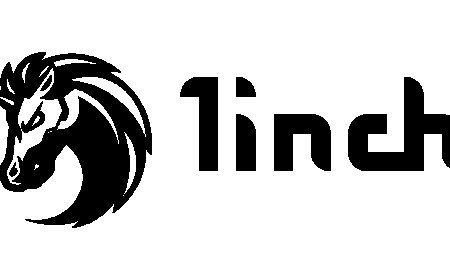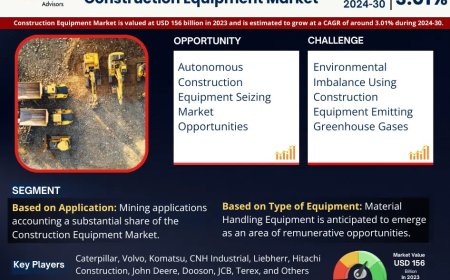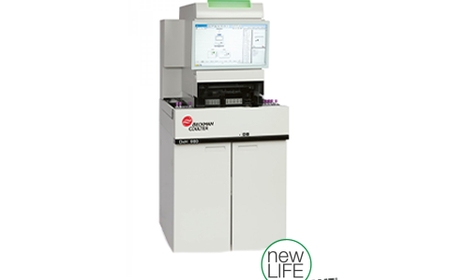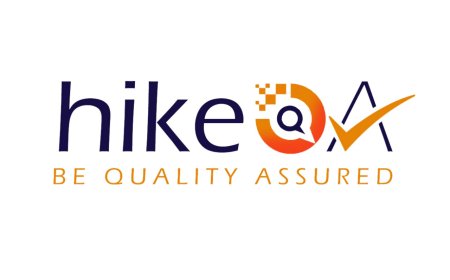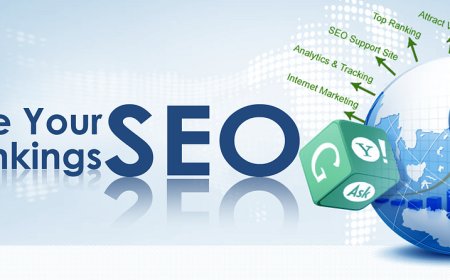Static Vs. Dynamic Site: Which One Your Business Needs?
Confused between static and dynamic websites? Discover which type suits your business needs in this simple, clear comparison.

Building a new website? You've got a big choice to make: static or dynamic. This decision affects everything like your website performance to how much it costs you every month. Are you launching a simple landing page or building a complex online store? The answer changes which route makes sense. The internet is filled with both types of websites but understanding the difference is important so you can choose the right one.
Static websites deliver pages exactly as they're built. Think of them like printed brochures, what you see is what you get. They load super fast and don't cost much to host. But what if you need user accounts or shopping carts? That's where dynamic websites shine. They create pages on the spot based on what each visitor wants or does. Theyre more focused on interactive user experiences which may be a need for specific business types.
Eager to know more about these two types? Then weve got you covered. In this article, well compare both these sites with important factors that matter to businesses. Lets get into it and learn the differences.
In-depth Comparison Between Static Vs Dynamic Sites
Business need websites for specific purposes, some just want to showcase what they offer. While others, they might totally depend on their website to generate leads and revenue. Thus, to understand the differences, we need to look at important factors to find out whats best for you. These factors include content update frequency, functionality requirements, scalability and growth, development time, etc. Keep reading to discover more in details.
1. Content Update Frequency
When should you pick static? If your content stays pretty much the same, static works great. Think portfolio sites, documentation, or landing pages where information doesn't change much. You'll need to update things manually through HTML files or tools like Hugo. Simple enough, but what if your marketing team wants to update pages without calling the developer every time?
Dynamic websites solve that problem. Got a blog that needs daily posts? Running an online store with changing inventory? Publishing news that updates hourly? Dynamic sites pull content from databases, so your team can make changes through easy admin panels. No coding required.
2. Functionality Requirements
Here's where static sites hit a wall. They handle basic contact forms and videos just fine, but need user logins? Want personalized dashboards? Shopping carts that remember items? You'll need complicated workarounds or pay for third-party tools.
Dynamic websites are built for this stuff. They handle real-time data, personalized experiences, live chat, search filters - you name it. If your business depends on customer interaction or online sales, dynamic sites give you everything you need without the headaches. If youre confused about the right type for you then you can get in touch with experts to decide.
3. Scalability & Growth
What about handling lots of visitors? Static sites win big here. They serve pages super fast because everything's already built. Even with massive traffic spikes, they stay quick. Add services like Cloudflare and your pages load instantly worldwide.
Dynamic sites need more server power but they grow with your business. Planning to expand your product catalog? Need user groups and complex workflows? Dynamic sites handle database changes and real-time updates without breaking a sweat, though you'll pay more for hosting.
4. Development Time & Budget
Budget is another very important factor between these two. Need something fast and cheap? Static sites are your friend. No databases, no complex setup, no ongoing maintenance headaches. Small business launching a simple site? You could be live in days instead of weeks because youll only display information.
Dynamic websites cost more upfront because of database setup and backend planning. But here's the thing - if your business changes frequently or needs automated features, that extra investment pays off. You get flexibility that saves time and money later.
5. Performance & Speed
When it comes to pure speed, static websites win almost every time. No database queries or server processing means files load instantly - especially with a CDN. This gives you better user experience and SEO benefits since Google loves fast sites. Dynamic sites can still be quick with good caching and optimization. But they're always doing more work, processing data, fetching information, building pages.
Without proper performance tuning, all that extra work slows things down. You'll need optimization tools and better hosting to close that speed gap. But performance also depends on how the website is coded and developed. This is why businesses opt for web development services in Dubai to get a website runs smoothly for a good user experience.
Ready to Go Live with Right Website Type?
If you want more interactive experience, then go for dynamic, if you just want to showcase some information and visuals, then static. You can get in touch with experts to get a perfect site for your business. Contact professionals online and elevate your digital presence.











